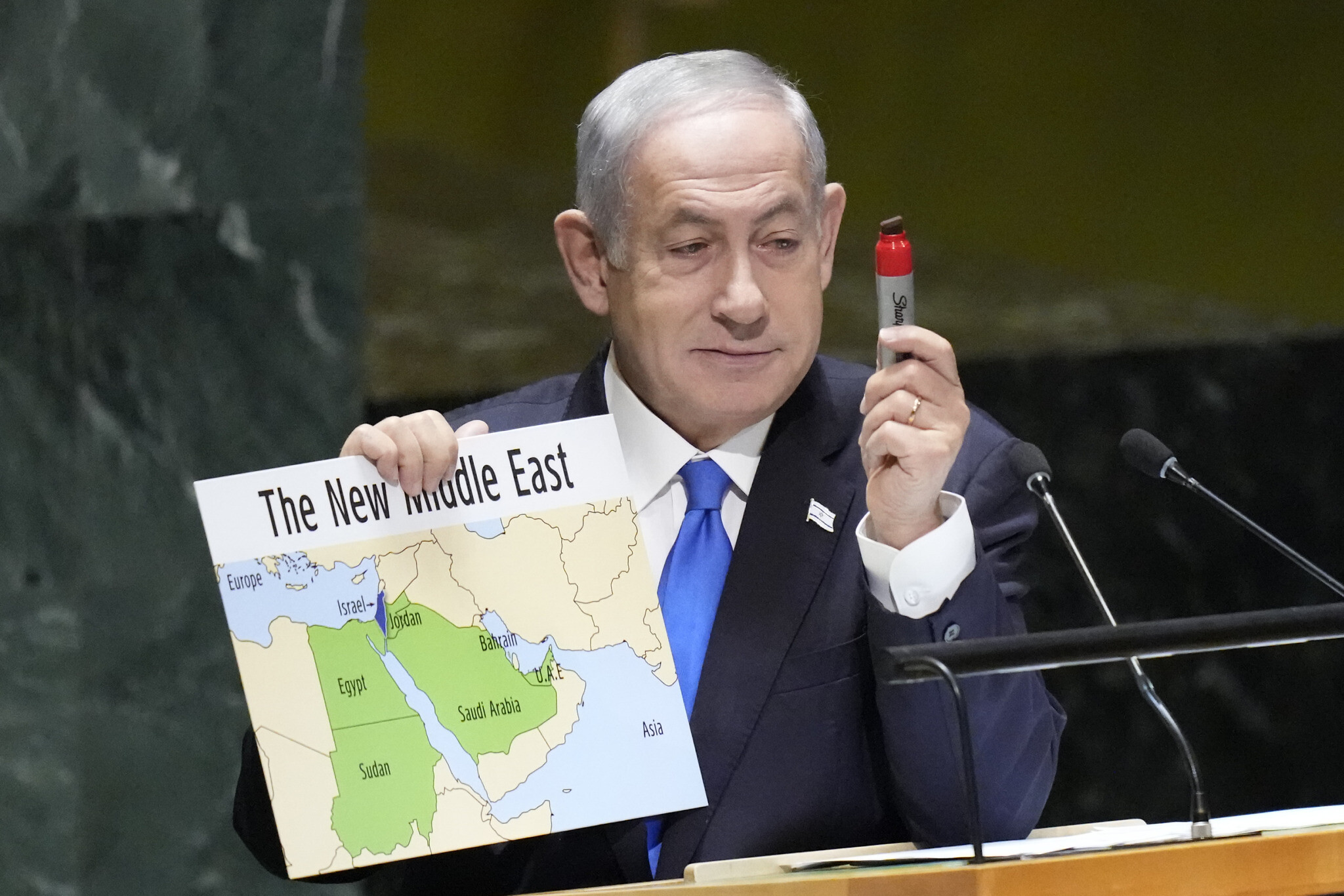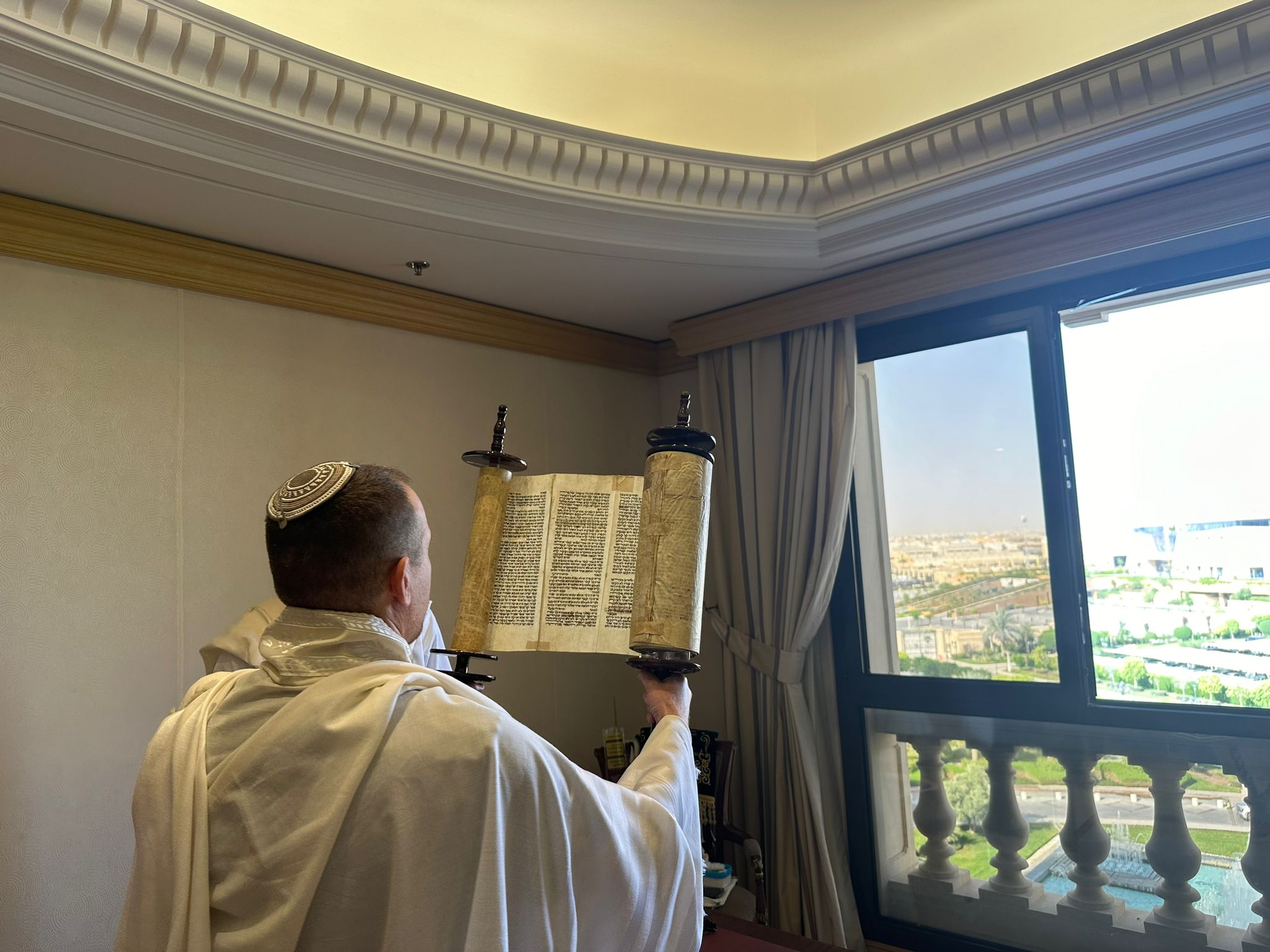Introduction
In the heart of Riyadh, amidst the bustling metropolis of Saudi Arabia’s capital, a small prayer gathering occurred that would leave a lasting impact on global politics. This gathering, often referred to as “They ‘davened’ in Riyadh,” brought together individuals from diverse backgrounds and ideologies to pray for peace and unity. This article delves into the lessons this remarkable event offers for Benjamin Netanyahu, the former Prime Minister of Israel. Through this journey, we explore the significance of such gatherings and their potential to bridge divides, foster diplomacy, and inspire leadership.
Lessons from the Gathering
They ‘davened’ in Riyadh: A Symbol of Unity
In a world marked by conflicts and differences, “They ‘davened’ in Riyadh” stood as a symbol of unity. People from various walks of life, faiths, and nationalities joined hands in prayer. This serves as a profound lesson for leaders like Netanyahu: the power of unity in addressing complex geopolitical issues.

Diplomacy Beyond Borders
One key takeaway from this gathering is the idea of diplomacy transcending borders. The event showcased the ability of diplomacy and dialogue to bring adversaries to the same table, emphasizing the importance of open channels of communication.
Leadership in Times of Crisis
For Netanyahu, the gathering highlights the significance of leadership during times of crisis. The organizers of the event demonstrated remarkable leadership by convening people with diverse views. This underscores the importance of leaders who can navigate turbulent waters.
Building Bridges, Not Walls
The prayer gathering underscored the idea that building bridges between nations is more productive than constructing walls. Leaders can learn that peaceful dialogue and cooperation often yield better results than isolationism.
Strengthening International Relations
“They ‘davened’ in Riyadh” strengthened international relations, fostering a sense of goodwill among participants. Leaders like Netanyahu can glean from this that nurturing positive international relationships is vital for long-term stability and peace.
They ‘davened’ in Riyadh: Lessons for Leadership
This section will explore specific leadership lessons that Benjamin Netanyahu can learn from the “They ‘davened’ in Riyadh” event.
Adaptability in Leadership
Leadership in the modern world demands adaptability. The Riyadh gathering demonstrated the ability to adapt to changing circumstances and ideologies. Netanyahu can benefit from being flexible and adjusting his approach when necessary.
Effective Communication
Clear and effective communication is a cornerstone of leadership. The organizers of the gathering ensured that all voices were heard, fostering an environment of trust and respect. Leaders must prioritize communication to build trust among their constituents.
Bridging Political Divides
“They ‘davened’ in Riyadh” showcased the potential for bridging political divides. Netanyahu can consider this as a blueprint for engaging with political opponents and seeking common ground.
The Role of Faith in Diplomacy
Faith played a pivotal role in the gathering, highlighting its potential in diplomacy. Netanyahu can explore how faith-based initiatives can be used to build connections and promote peace.
Frequently Asked Questions
How did the “They ‘davened’ in Riyadh” event come about?
The event was initiated by a group of individuals from diverse backgrounds who shared a common desire for peace and unity. It was organized through collaborative efforts and social media outreach.
What impact did the gathering have on international relations?
The gathering fostered goodwill and positive international relations. It showed that even in times of tension, diplomacy and dialogue can play a crucial role in building bridges between nations.
How can leaders like Netanyahu apply these lessons to their leadership style?
Leaders can apply these lessons by prioritizing unity, effective communication, and diplomacy. They can also explore faith-based initiatives to promote peace and understanding.
Did the gathering lead to any concrete diplomatic initiatives?
While the gathering itself did not result in specific diplomatic initiatives, it served as a catalyst for open dialogue and cooperation among nations.
How can leaders encourage similar gatherings in their regions?
Leaders can encourage similar gatherings by promoting interfaith dialogue, supporting grassroots initiatives, and fostering an environment of inclusivity and tolerance.
What role can ordinary citizens play in promoting peace and unity?
Ordinary citizens can contribute by participating in grassroots initiatives, supporting interfaith dialogue, and holding their leaders accountable for promoting peace and unity.
Conclusion
“They ‘davened’ in Riyadh” serves as a powerful reminder of the potential for unity, diplomacy, and leadership in times of uncertainty. Benjamin Netanyahu, like many leaders, can draw inspiration from this remarkable prayer gathering. By embracing adaptability, effective communication, and the spirit of unity, leaders can pave the way for a more peaceful and interconnected world.



